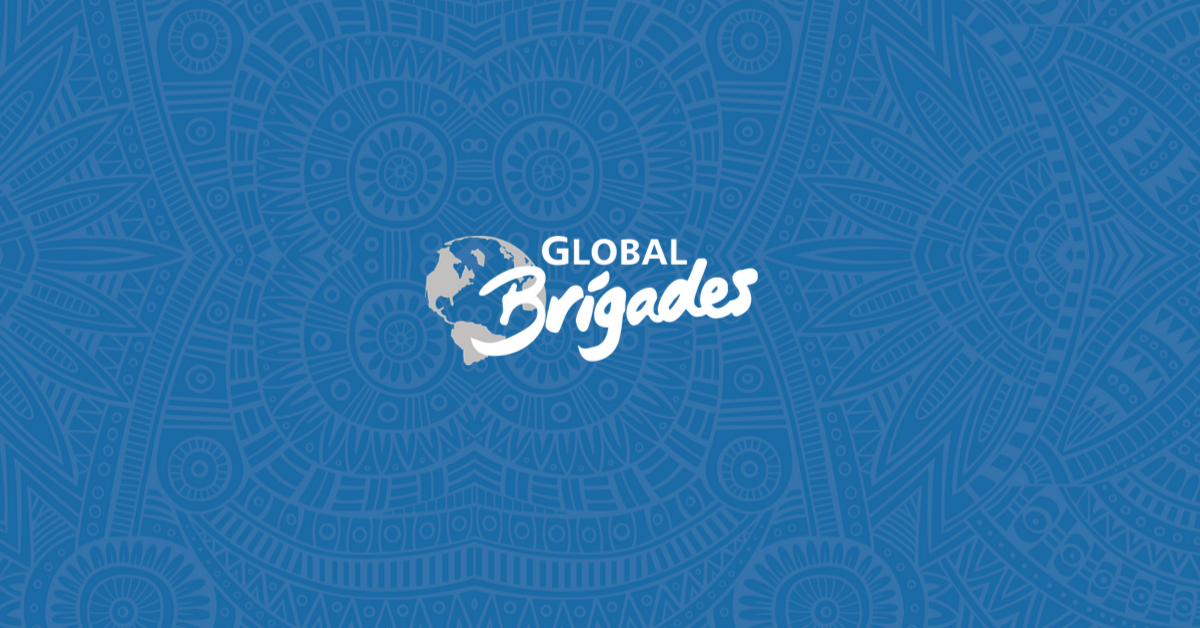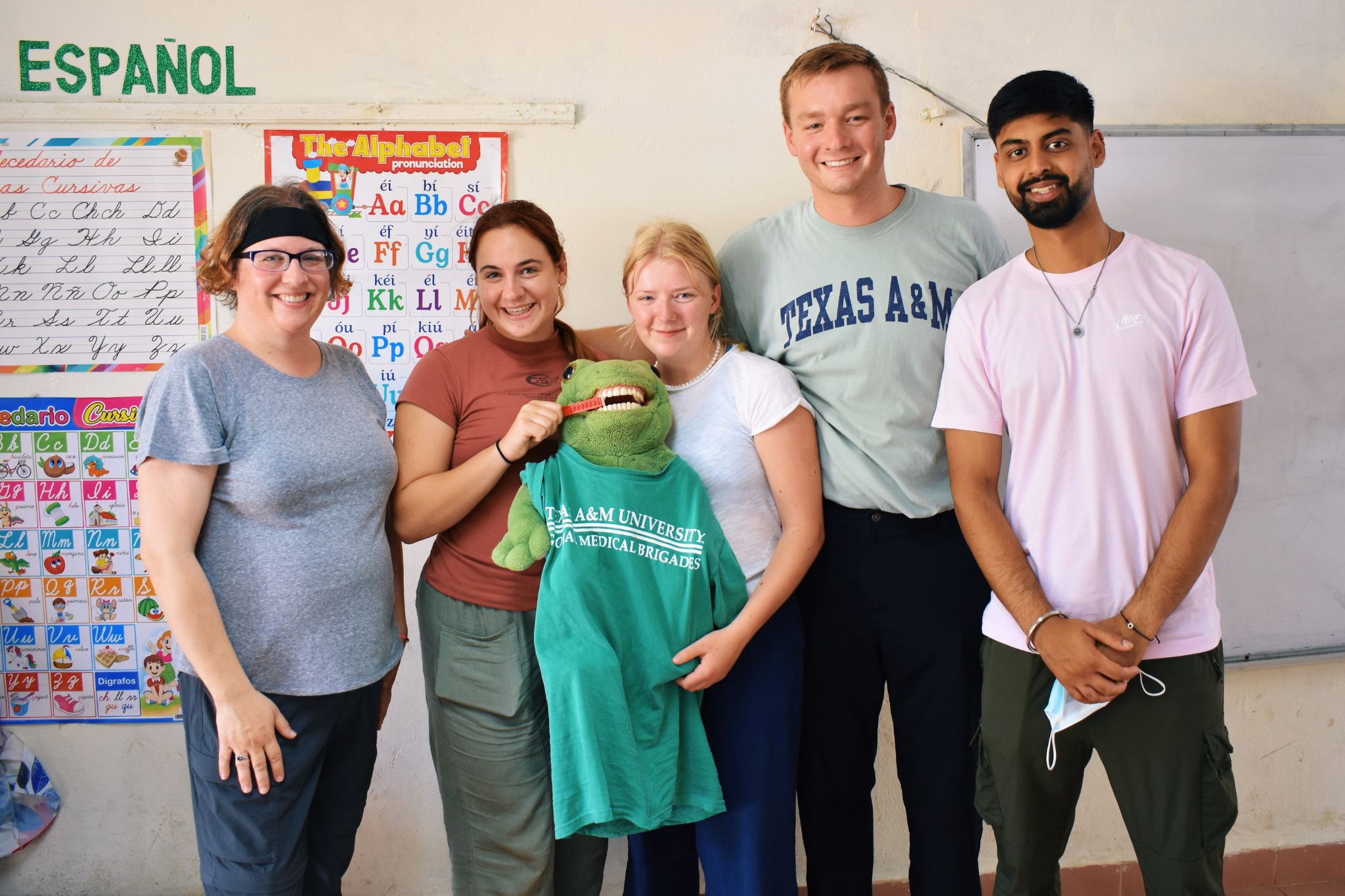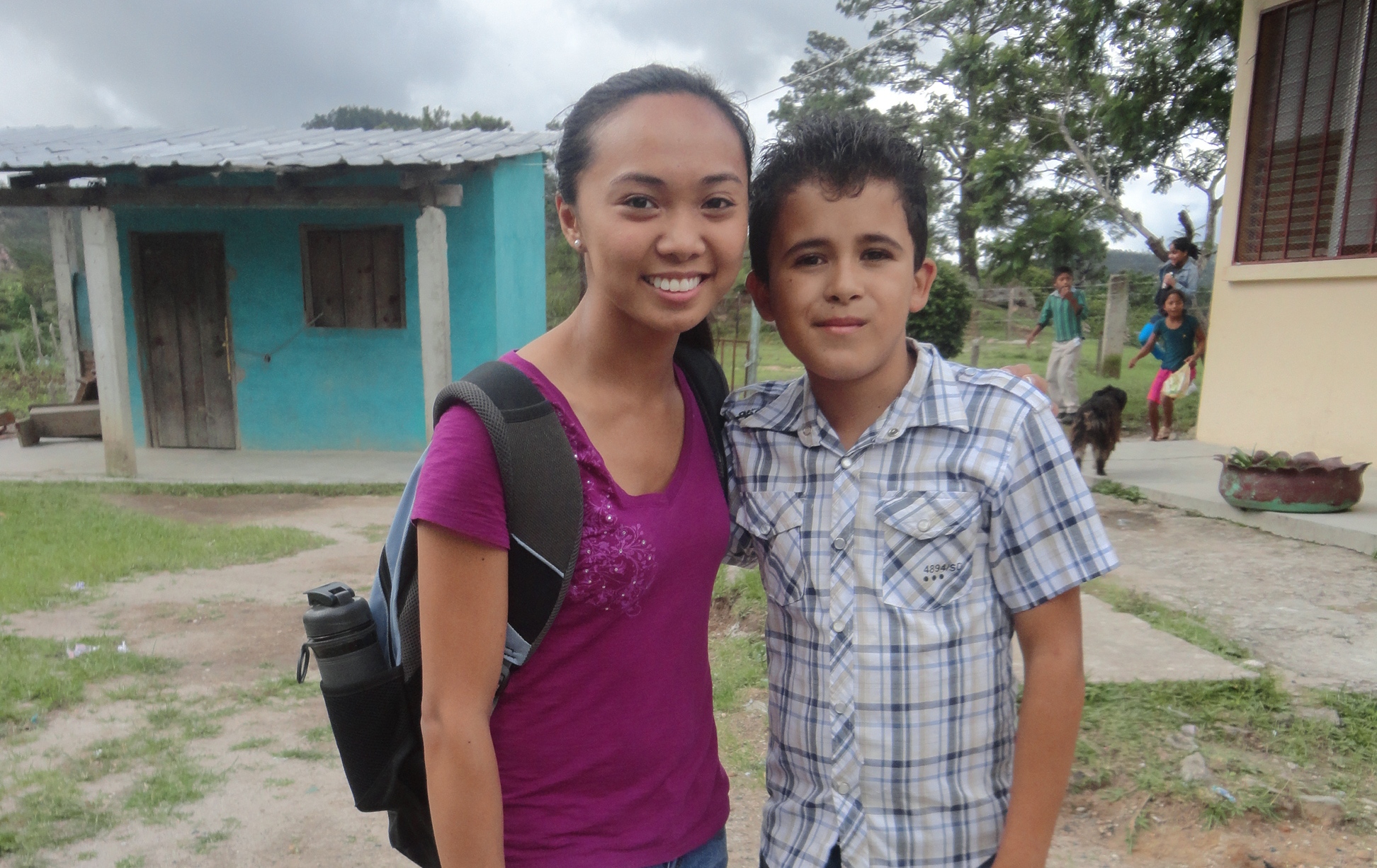Published: August 16th, 2021
Written by: Sr. Marketing Associate, Sydney Colbert and Director of Impact & Evaluation, Ben Erker
“The most common way people give up their power is by thinking they don’t have any.”
Alice Walker
What did the famed American novelist and social activist Alice Walker truly mean when she spoke these wise words? Does the power she mentioned signify individuals having dominance and control over others? Or does it represent internal strength and the capacity to achieve self-sufficiency? Exploring this idea even further, how do we acknowledge the unique power that we all have and use it to empower others in our daily lives?
How GB Defines Empowerment
At Global Brigades, we believe in empowerment through systematically building community ownership and collaboratively executing programs with the end goal of sustainably evolving to a relationship of impact monitoring. We practice this empowerment through our Holistic Model which has been implemented by 13 Empowered Communities to meet their unique health and economic goals. We are also continuously deepening our understanding of our mission and evolving our definition of what it means to be empowered based on the feedback from partner community members, volunteers, and staff.
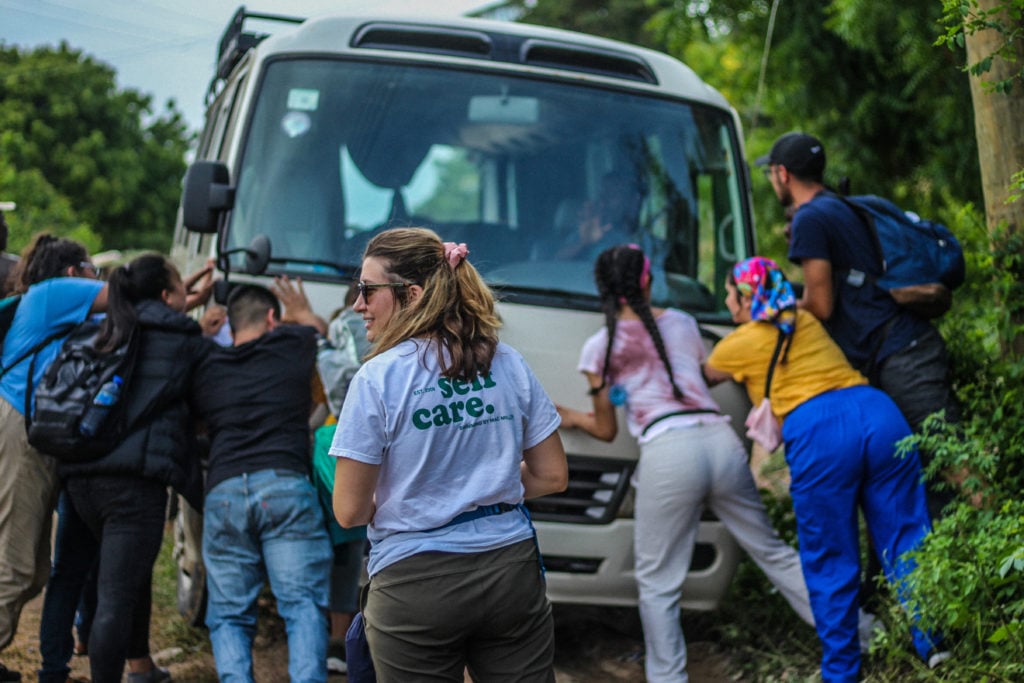
M&E’s Defining Empowerment Project
In 2019, the Monitoring & Evaluation team (M&E) sought to explore the definition of empowerment and further bring to light the perspectives and experiences that propel our organization’s mission. Through their Defining Empowerment Project, the M&E team carried out 32 qualitative interviews which included 11 staff members, 10 volunteers, and 11 community members across different levels and program countries. In these interviews, participants were asked two simple, yet thought provoking questions:
- What does empowerment mean to you?
- Tell me about a time where you saw or experienced empowerment.
The emerging themes from the study were categorized based on Intrinsic (internal) vs. Extrinsic (external) factors to further understand how the different groups perceive and experience empowerment. While one could assume that the top theme for many of the participants would be “Resilience” or “Job Security”, in fact, the top theme across all groups was “Independence or the ability to be self-sustaining”. Other top themes that came out of this study were “Improvement of quality of life”, “Inspiration/motivation to improve”, and “Self confidence and faith”.
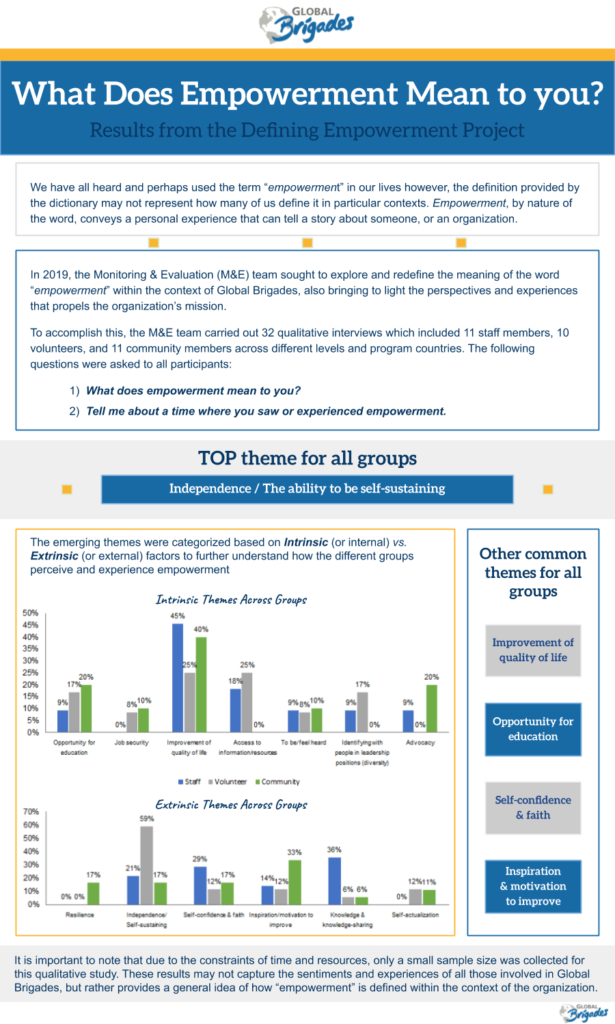
Interpreting Project Results
So, what do the results of this study actually mean for Global Brigades? While it would be a stretch to try to draw conclusions as to why exactly a certain demographic defined empowerment in a certain way, GB’s M&E team can utilize these results to share with programming teams on the ground to get a better sense of how empowerment is interpreted. With this information, we can evaluate our programming methodologies and begin to consider their strengths and weaknesses as we continue to implement our programming in our partner communities. For example, if a specific project is aimed at improving quality of life through empowerment, then we can feel confident based on these results that we are moving in the right direction. In comparison, if we are focusing a program’s resources on increasing job security, believing that it is an important aspect of empowerment for our stakeholders, it’s quite possible that those resources could be better allocated.
Finally, the results of this study help us to recognize that each of us have the unique ability to empower ourselves and others by collectively working together to achieve a better quality of life for all.
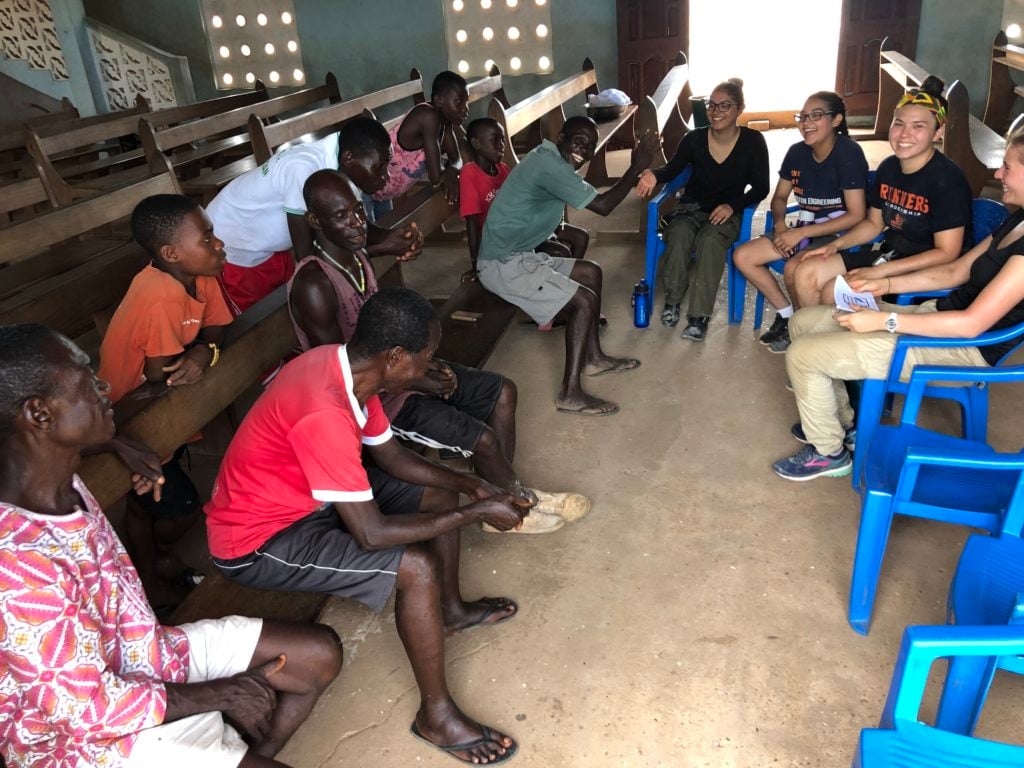
Evaluation & Research at GB
To learn more about how Global Brigades’ uses impact gathering to implement our Holistic Model and define success at a community level, visit the Evaluation & Research page of our website.


